In the quest for a clean and healthy home, more people are turning to natural methods to sanitize their living spaces without harmful fumes. Gone are the days when the only options were harsh chemicals that left behind a strong, artificial scent. Today, we have a variety of natural and non-toxic solutions that can disinfect and deodorize our homes effectively.
With a focus on sustainability and health, let’s explore how you can maintain a pristine environment in your home using ingredients that are not only environmentally friendly but also safe for your family and pets.
Benefits of Using Natural Disinfectants
Natural disinfectants come with a plethora of advantages. To begin with, they are safe for your health, reducing the risk of developing respiratory issues that are often associated with synthetic cleaners. They are also eco-friendly, ensuring that your cleaning practices don’t leave a negative impact on the environment. Moreover, using natural disinfectants is often cost-effective, as many of them can be made with common household items.
Another significant benefit is the reduction of indoor air pollution. Unlike traditional cleaning agents, natural solutions do not release volatile organic compounds (VOCs) that can contribute to chronic respiratory problems, allergic reactions, and headaches. By choosing natural disinfectants, you are also supporting the well-being of the planet – they are readily biodegradable and free from synthetic fragrances and preservatives.
Lastly, natural disinfectants often have multiple uses around the home, from cleaning surfaces to laundering clothes, thus reducing the need for a multitude of specialized products.
Homemade Natural Disinfectant Recipes
Crafting your own natural disinfectant at home is both simple and effective. One popular recipe includes a mixture of white vinegar and water, which can be used to clean most surfaces. For a more potent blend, you can add a few drops of essential oils like tea tree or lavender, which are known for their antibacterial properties.

Another recipe is to mix hydrogen peroxide with water. This solution works well for sanitizing kitchen tools and surfaces. It’s important to note that hydrogen peroxide should be stored in a dark bottle to maintain its effectiveness.
A third option is to use rubbing alcohol diluted with water – a great choice for disinfecting electronics and glass surfaces without leaving streaks.
Effective Ingredients for Natural Disinfection
Several ingredients stand out for their natural disinfecting properties. Vinegar, for instance, is a versatile cleaner thanks to its acidity, which can kill bacteria and viruses. Lemon is another powerful ingredient, with its citric acid and pleasant scent acting as a natural antimicrobial agent.
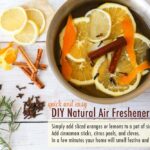 Natural home deodorizers that work better
Natural home deodorizers that work betterHydrogen peroxide is a well-known antiseptic that can be used on its own or as a component in homemade cleaners. Essential oils, like eucalyptus and peppermint, have been shown to possess antibacterial and antiviral characteristics, making them excellent additions to natural cleaning solutions.
Another useful ingredient is castile soap, which can serve as a gentle yet effective base for homemade liquid soaps and detergents. When combined with other ingredients, it can help to remove dirt and grime from various surfaces without leaving harmful residues.
Disinfecting Your Kitchen Naturally
Your kitchen is one of the most important areas to keep sanitized, as it’s where food is prepared and stored. A simple and effective way to naturally disinfect is by using a combination of vinegar and hot water. This solution can be used to wipe down countertops, appliances, and sinks, ensuring they are free of foodborne bacteria.
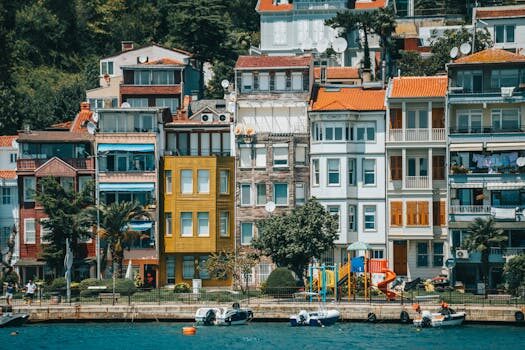
Baking soda is another great choice for the kitchen, particularly for scrubbing away tough stains and deodorizing. It can be made into a paste with a bit of water for targeted cleaning, or sprinkled directly onto surfaces and scrubbed with a damp cloth.
For cutting boards, a lemon half dipped in coarse salt can be used to scrub the surface, not only disinfecting but also helping to remove any lingering food particles and odors.
Most Effective Natural Disinfectant
When it comes to the most effective natural disinfectant, there is a tie between vinegar and hydrogen peroxide. Both have been shown to kill a wide range of pathogens. For an extra level of disinfection, some people opt to use them in succession – first wiping down the surface with vinegar, followed by hydrogen peroxide.
This tag-team approach takes advantage of the different antimicrobial properties of each ingredient, ensuring a thorough sanitation process. However, it’s important to never mix the two in the same container, as this can lead to the formation of peracetic acid, which can be harmful.
Differences Between Sanitizing and Disinfecting
It’s important to understand the distinction between sanitizing and disinfecting. Sanitizing refers to reducing the number of germs to a safe level as judged by public health standards. This process does not necessarily kill all germs but lowers their numbers significantly.

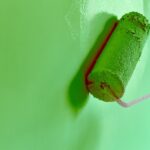 Choosing natural paints for your home
Choosing natural paints for your homeDisinfecting, on the other hand, is the process of killing nearly 100% of germs on surfaces or objects. This is a stronger level of cleaning that’s often necessary in medical settings or after contamination with pathogens like salmonella or flu viruses.
For everyday home cleaning, sanitizing is typically sufficient. But in cases where there’s been contact with raw meat or someone in the home is ill, you may want to consider disinfecting to prevent the spread of diseases.
Questions Related to Natural Home Sanitization
What Is the Best Way to Disinfect Your House Naturally?
The best way to disinfect your house naturally depends on the specific needs of your home and the types of surfaces you’re cleaning. A versatile approach is to use vinegar and water solution, as it can be applied to most surfaces and is highly effective against a variety of microbes.
For tougher jobs, consider using hydrogen peroxide or a baking soda paste. It’s also advisable to regularly incorporate steam cleaning, which only requires water and is extremely effective at killing bacteria and viruses without any chemicals at all.
What Is the Most Powerful Natural Disinfectant?
While several natural ingredients have disinfecting properties, hydrogen peroxide stands out as the most powerful. It’s an excellent choice for sanitizing toilets, sinks, and showers due to its strong oxidizing properties that quickly kill bacteria, viruses, and fungi.
Combining hydrogen peroxide with other natural ingredients like vinegar can create a more comprehensive cleaning regimen without resorting to harsh chemicals.

What Is the Best Non-Toxic Disinfectant for Household Items?
The best non-toxic disinfectant for household items is a solution of half water and half white vinegar. This mixture is suitable for cleaning a variety of items, from countertops to children’s toys. Adding essential oils can enhance the antimicrobial properties and leave a pleasant scent.
For delicate items, simply using hot water and a microfiber cloth can be surprisingly effective at removing germs without any risk of damage or toxic exposure.
What Is the Best Homemade Disinfectant?
The best homemade disinfectant might be the simplest: a combination of vinegar, water, and essential oils. This all-purpose cleaner is safe for most surfaces and provides a gentle but thorough cleaning action. For added scrubbing power, you can mix in some baking soda to tackle grime and stains.
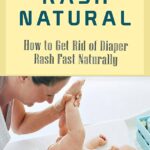 Get rid of diaper smells naturally
Get rid of diaper smells naturallyIn conclusion, natural disinfectants offer a safe and effective way to sanitize your home naturally without harmful fumes. By choosing ingredients like lemon, vinegar, hydrogen peroxide, and essential oils, you can create a healthy environment for your family and do your part in preserving the planet. Remember, a clean home doesn’t have to come at the cost of your health or the environment.

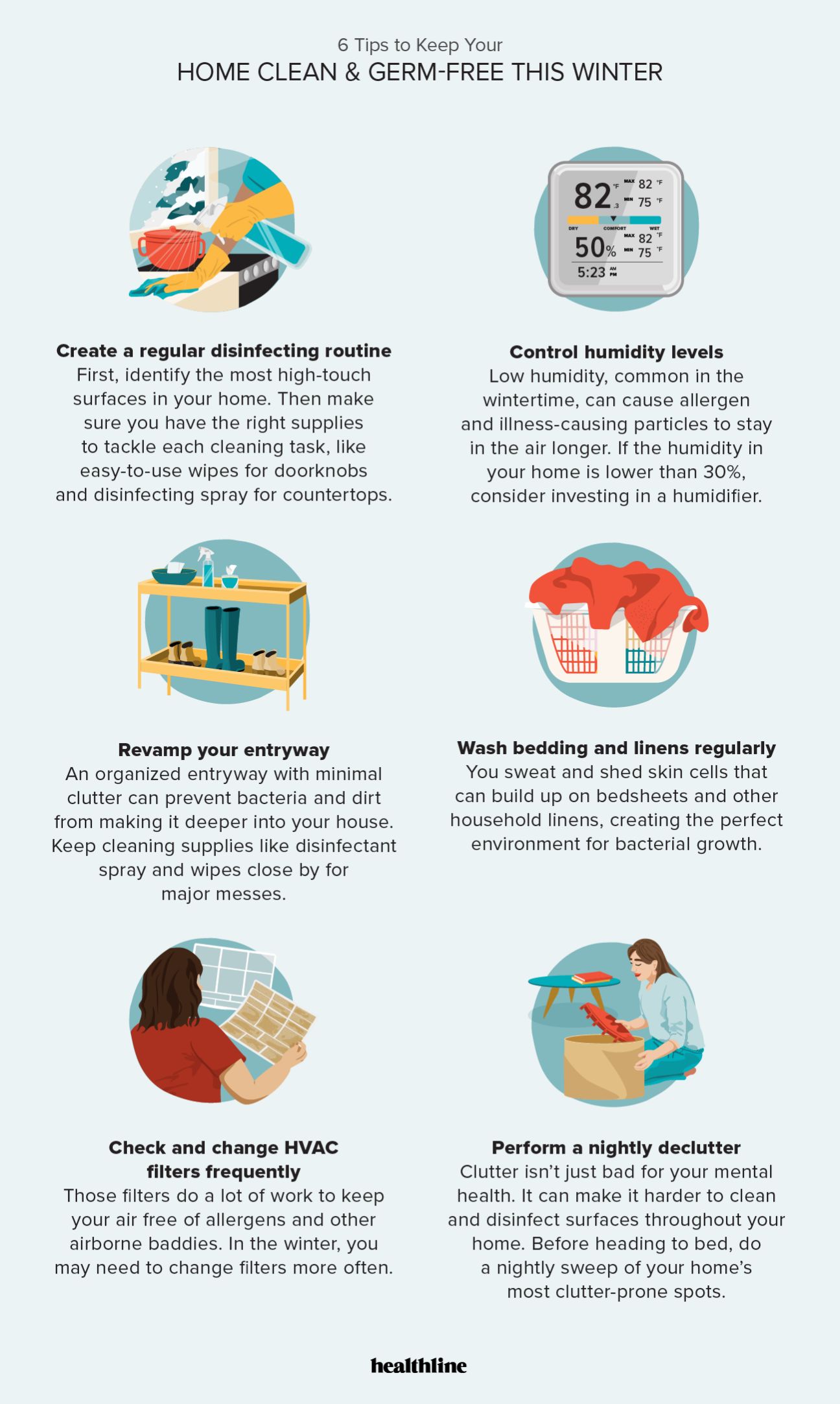
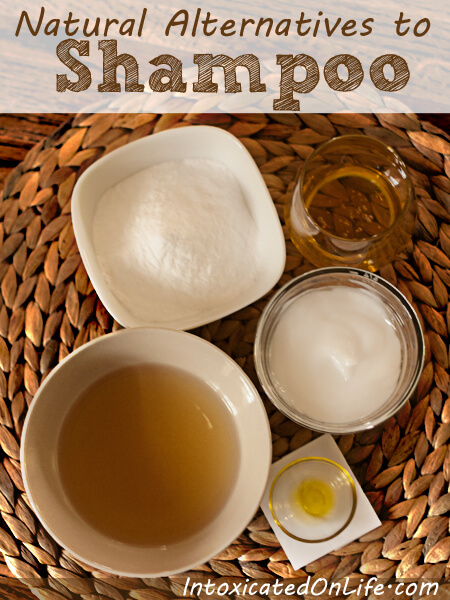
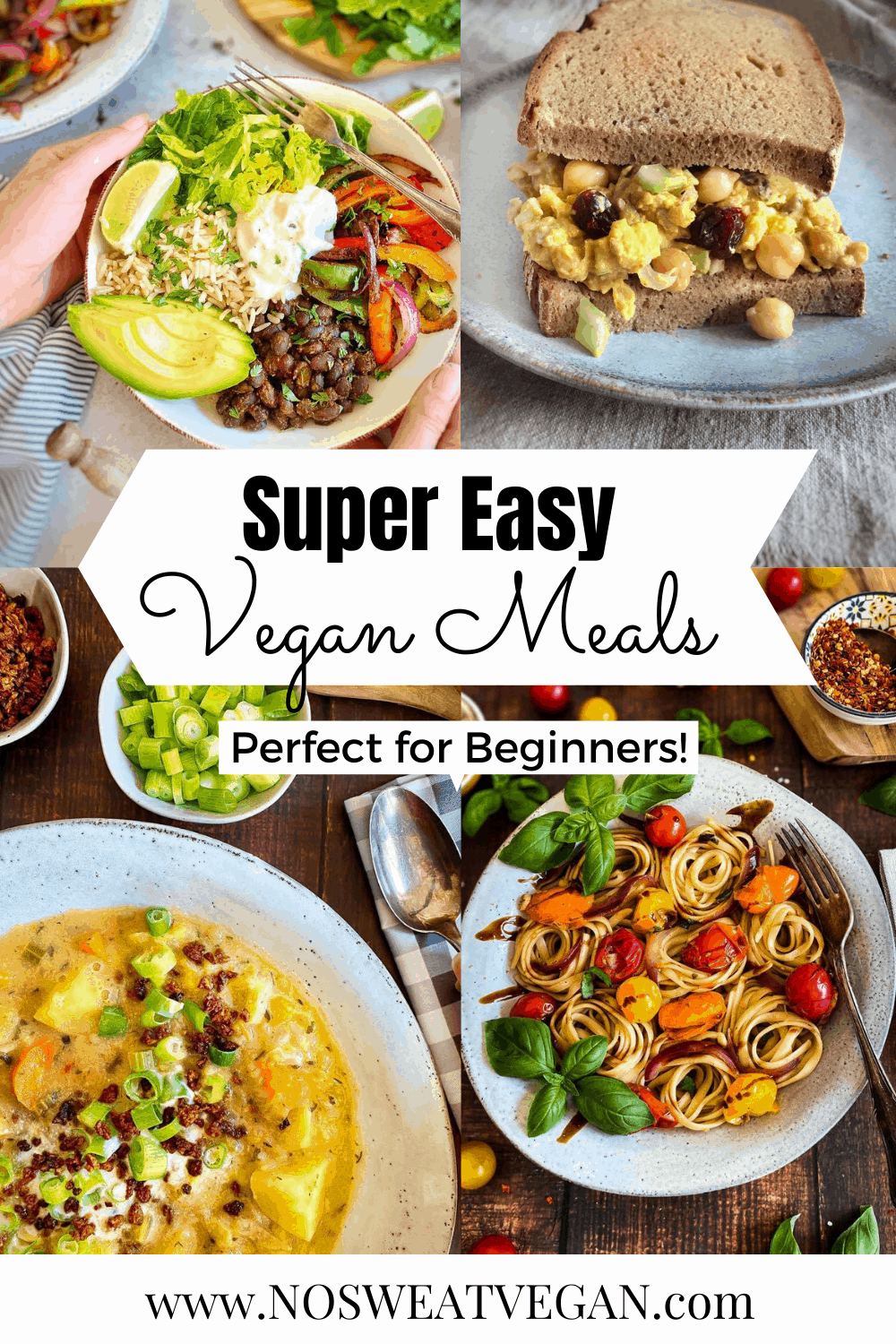
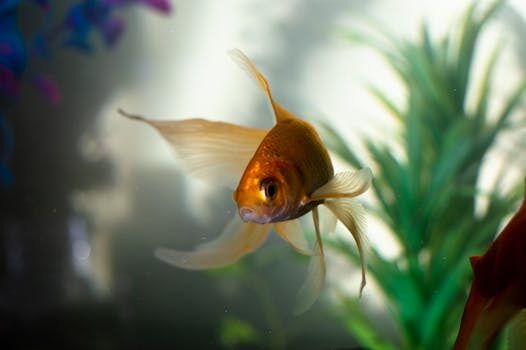
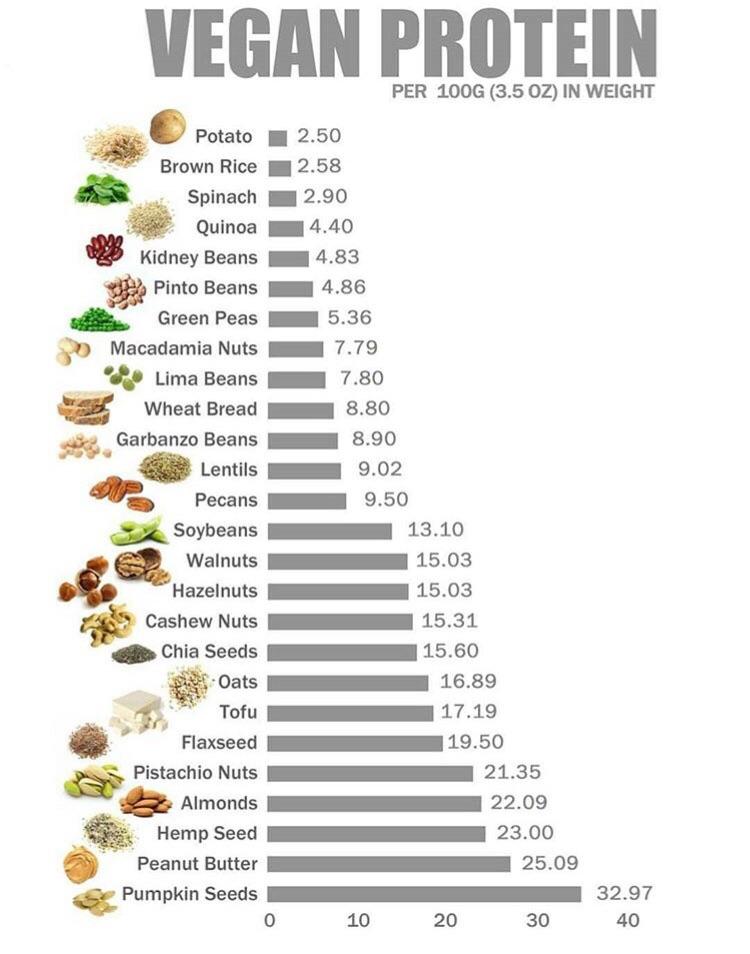
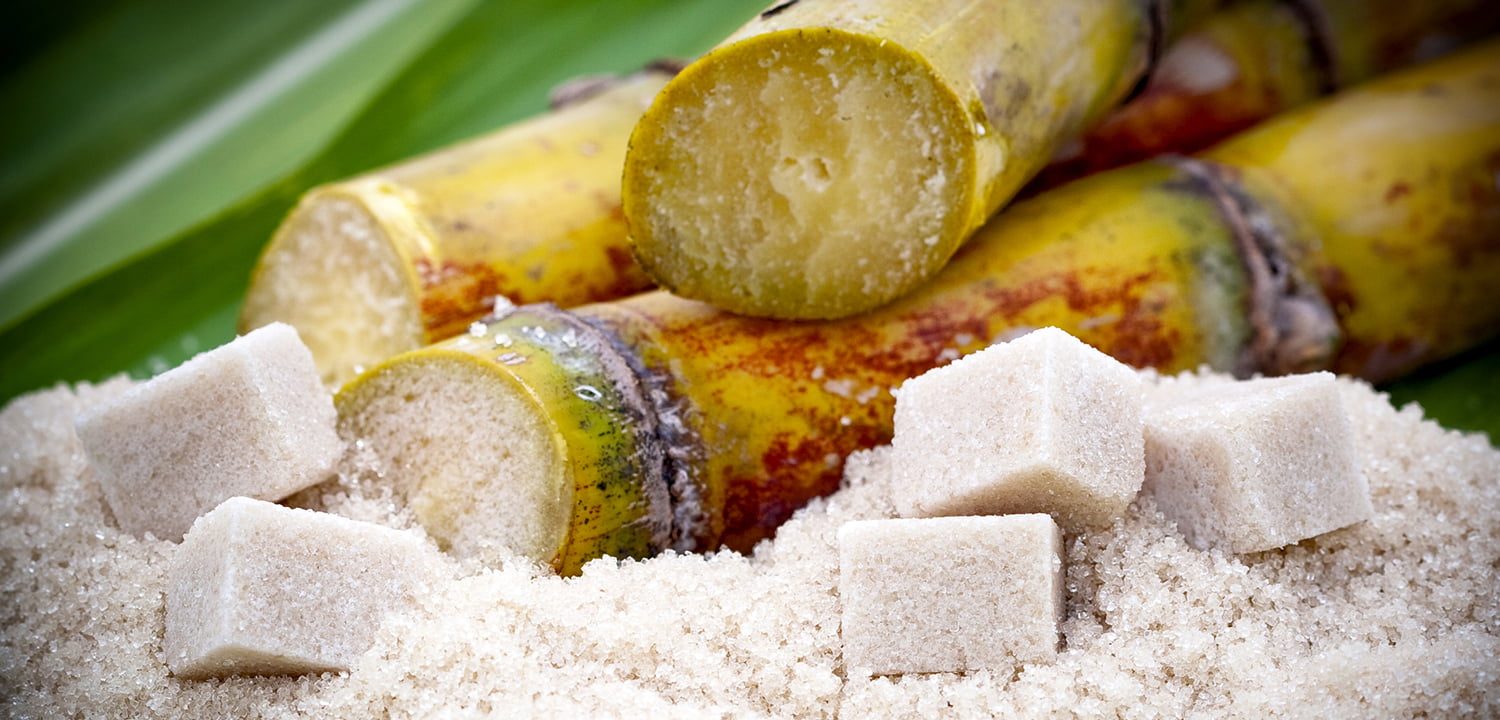
I love how this post breaks down the benefits and effectiveness of natural disinfectants! It’s so refreshing to see options that are not only safe for us and our pets but also kind to the planet. I’m definitely going to try some of these homemade recipes, especially the vinegar and essential oils combo. Thanks for making eco-friendly cleaning seem so doable and straightforward!